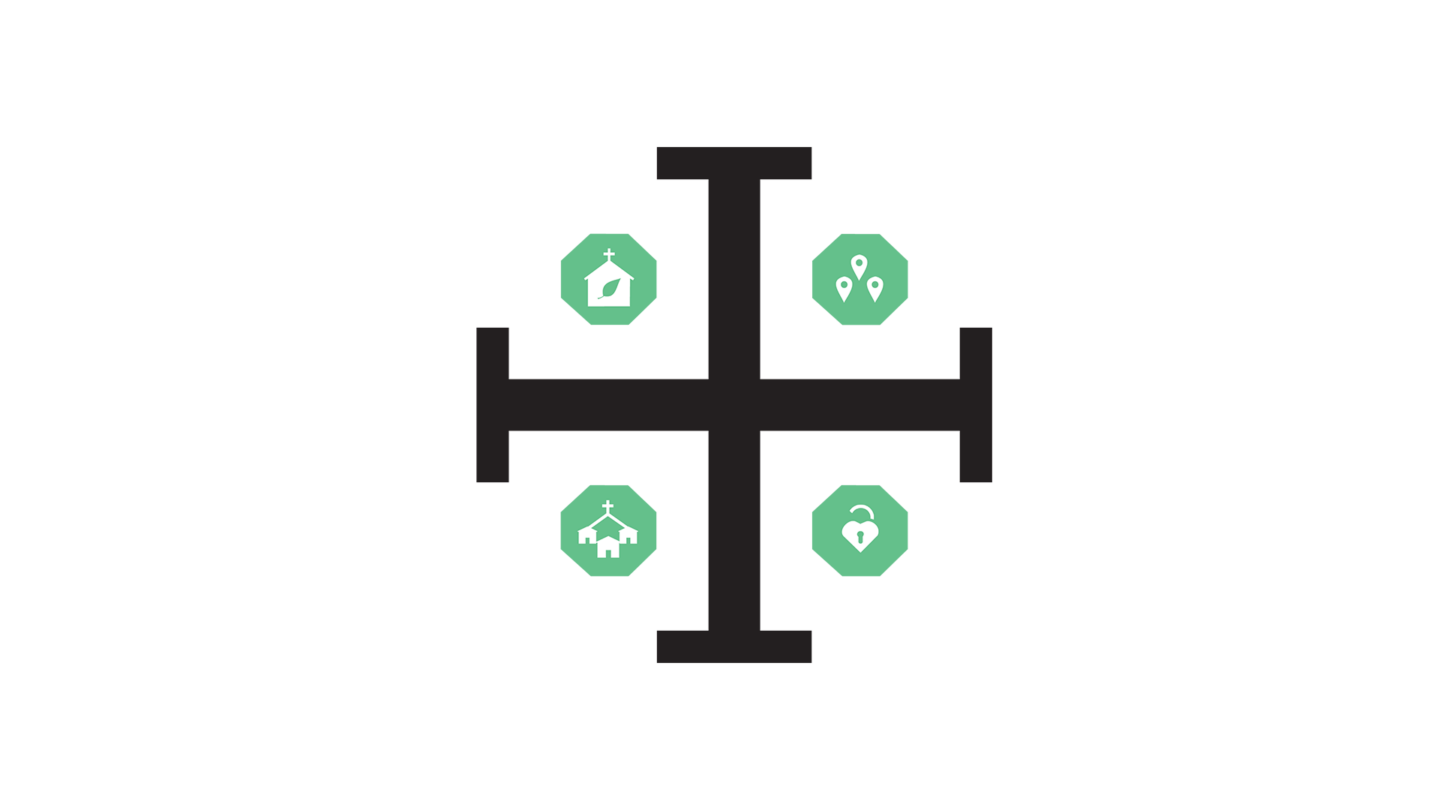
Relational Discipleship
by Rev. Dr. Tim Catlett
Throughout the gospel of Luke, including our lectionary texts for this summer, Jesus challenges individuals and communities to reconsider how they engage in relationships with each other and with God. The story of the Gerasene demoniac (Luke 8) explores themes of fear of the other, and how one community fears authentic transformation in a person who is “not like them.” In another story (Luke 18), Jesus challenges preconceived notions of holiness and reminds his listeners that someone’s status, a Pharisee or a tax collector, does not automatically determine the authenticity of one’s relationship with God.
One of the central stories of Luke’s gospel is the parable of the Good Samaritan (Luke 10:25-37). A lawyer stood up to test Jesus, asking him what he needs to do to inherit eternal life. Jesus asks him what the law says, and the lawyer replies, “Love the Lord your God … and love your neighbor as yourself.” When Jesus said the man had answered correctly, the man asks, “Who is my neighbor?” Jesus replies by sharing the parable of the Good Samaritan, a story which challenges social, religious, and political stereotypes and invites those who are paying attention to live out their religious commitments by showing mercy to all of God’s children.
One of the primary emphases of our new faith communities is co-creating new places for new people to engage in relational discipleship. Discipleship is inherently a relational practice. It is in our relationship with God and our relationships with others inside and outside our communities of faith where we are challenged to grow as followers of Jesus.
For the Church at Spring Forest (featured in this newsletter), relational discipleship occurs in-person and virtually as the community pays attention to rhythms of prayer, work, table, and neighbor. For Hope Recovery Church, relationships happen when people are invited to consider that we all are recovering from something, and people from all walks of life gather to experience God’s promises of liberation together. For Six:Eight Church, relationships happen in barber shops, on college campuses, and by paying attention to the social dynamics which shape the community. For Storied Church, relationships happen when people share their lives in “tov communities” and focus on inviting all people into authentic friendships. Mosaic Church is exploring ways to create new places online as emerging technologies are helping people connect in more authentic ways in local communities and around the world.
Thank you for your ongoing prayers and support of our new faith communities. By helping to co-create new places for new people to gather in communion with Jesus Christ, you are participating in personal and community transformation. May God’s kingdom come (Luke 11).
As always, thank you for your support. To make a financial contribution for 2022, please visit us online, https://nccumc.org/new-faith-communities/.

